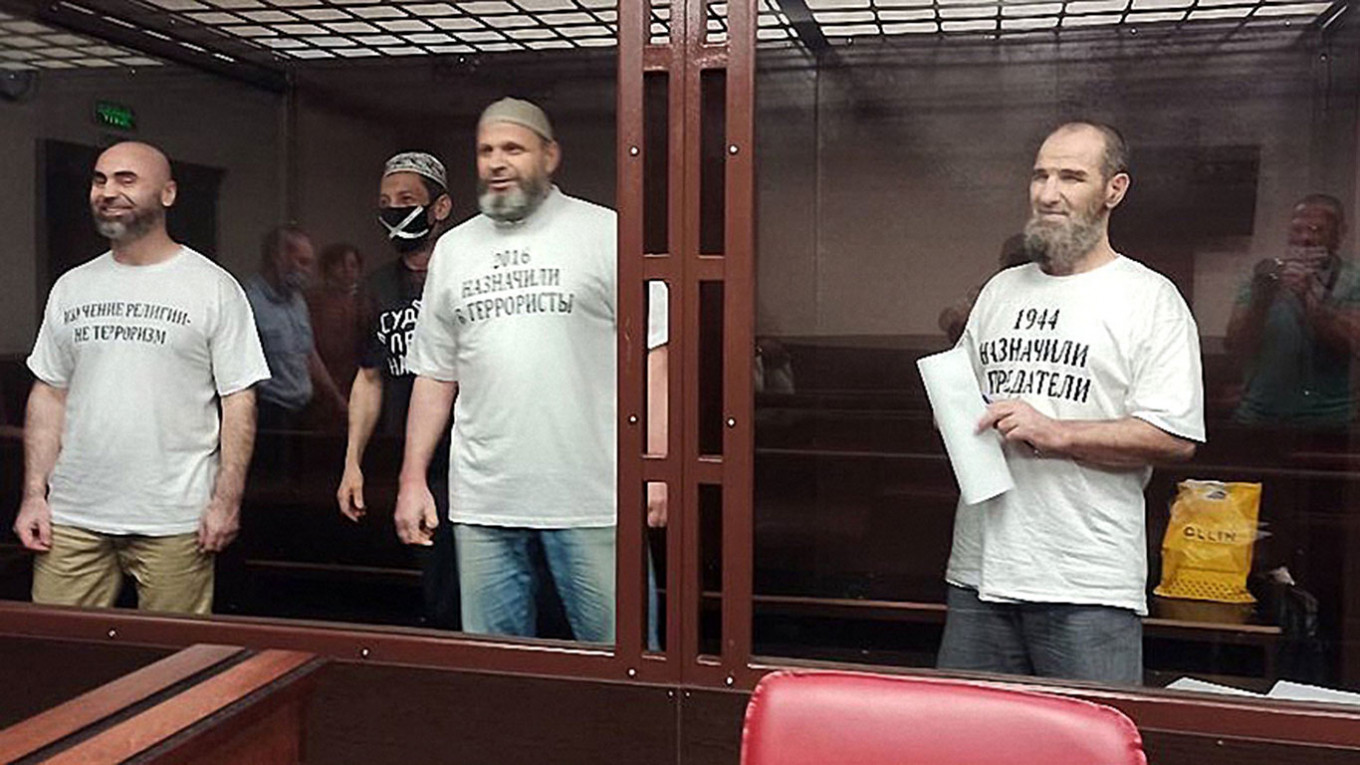RA’s Daily Russia News Blast – August 17, 2021

Today in Russia: Moscow’s change in tone about the Taliban; Russia ready to work with Taliban, which it says is “restoring order; Russia jails 4 Crimean Tatars for “extremism”; Russia’s battle for the Black Sea; Russia’s inflation battle paying dividends in bond market; Hackers against drugs, or a competitor’s attack?
Butter up the new boys in town. Since the fall of Kabul on Sunday, Russia’s rhetoric towards the Taliban has undergone an about-face. Just last week Foreign Minister Sergei Lavrov was lamenting the Taliban’s use of force to take over the country, but on Tuesday Lavrov declared that the Taliban was “restoring order” in Kabul, while Moscow’s ambassador in Kabul Dmitry Zhirnov said, “The situation in Kabul now under the Taliban is better than it was under (President) Ashraf Ghani.”
Reuters wrote that such nice talk from Moscow about a group that Russia still recognizes as a terrorist organization is an “undisguised effort by Russia to deepen its well-established ties with the Taliban while stopping short, for now, of recognising the hardline Islamist group as the legitimate rulers of a country Moscow itself tried and failed to control before the Soviet Union withdrew its last forces in 1989.” Indeed, Moscow’s back-channel talks with the Taliban over the previous months and years are clearly paying dividends as Russia works to prevent instability in Afghanistan from sliding into Central Asia and affecting its vital interests there.
Right to jail. Russia sentenced four Crimean Tatars to 12-18 years in prison for taking part in a Hizb ut-Tahrir, a pan-Islamist group banned in Russia but permitted in Ukraine. The prosecutor alleged that the group is a terrorist organization that was attempting to overthrow the government. Ukraine’s parliamentary ombudsman for human rights said “Russian prosecutors managed to illegally imprison Crimean Tatars for a crime they did not commit.”
Black Sea and the future of navigation. Angela Stent wrote in Foreign Affairs that Russia’s fight to maintain control over the Black Sea – which it views as “central to its security” – could determine the future of navigation. Stent writes that “Moscow’s moves in the Black Sea are a threat to free navigation in waters around the world.”
Bond demand. Bloomberg wrote that Russia’s battle against inflation coupled with an emerging market consensus that the risk of new Western sanctions is subsiding is leading to positive outcomes in the country’s bond market. “Foreign investors are pouring billions into Russian debt, and strategists have started urging clients to open bullish trades. They’re tapping into a belief that the central bank’s aggressive rate hikes will be enough to rein in inflation and there’s less risk of sanctions coming from the U.S.”
Drug dealers, meet hackers. A hacker from the group Anonymous hacked into Legalizer, one of Russia’s most popular dark web drug markets published the passport details of its owners, contacts of users and their correspondence and other incriminating information. Kommersant wrote that the released information “could lead to a string of arrests and become a significant event in the fight against drugs.” The database was partially accessible for free, while the Anonymous hacker has demanded at least 1 bitcoin for the full trove of information. Some have suspected that Legalizer may be victims of ransomware or an attack from a competitor, with one analyst telling Kommersant that the reason for hacking shadow forums is rarely the “good intentions” of the hacker, “usually this is done because of competition or out of revenge of partners.”
PHOTO: Four Crimean Tatars were sentenced to over a decade in prison for what the prosecutor said was participation in a terrorist organization. (Moscow Times)











